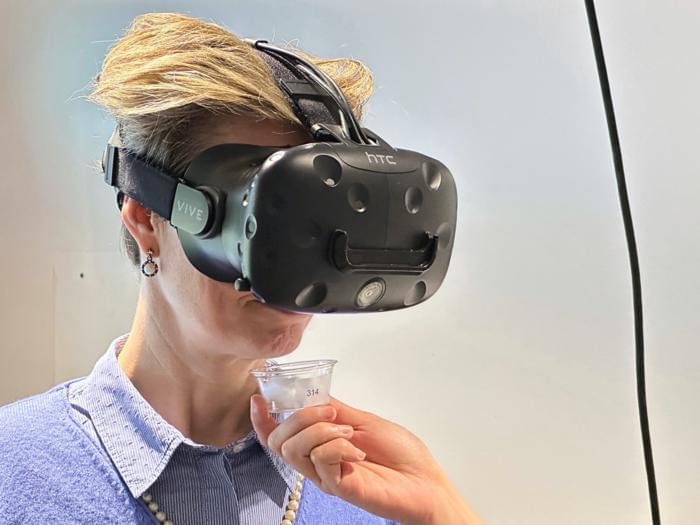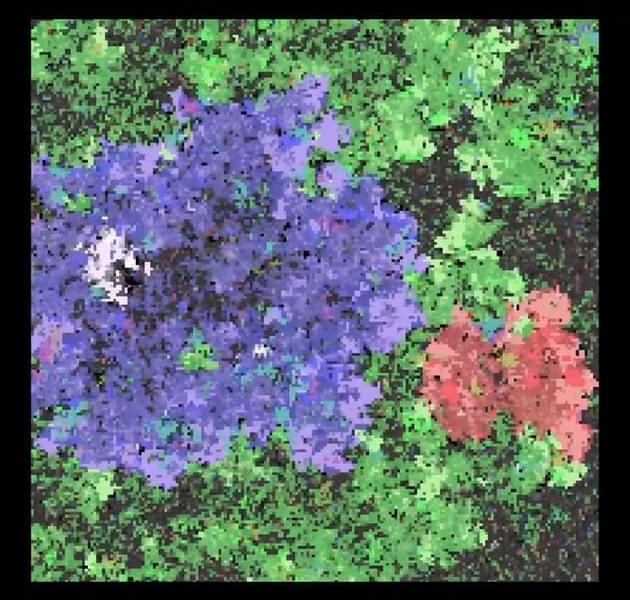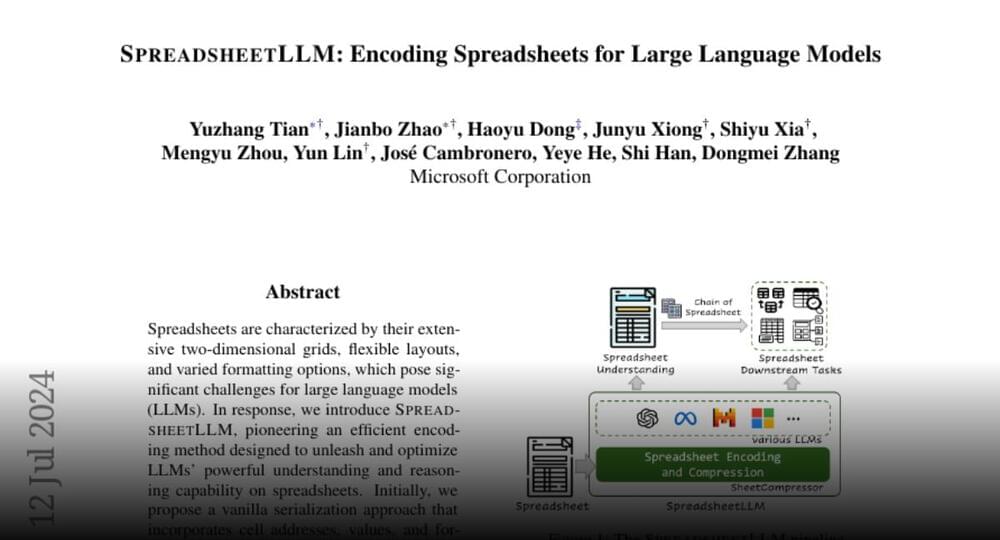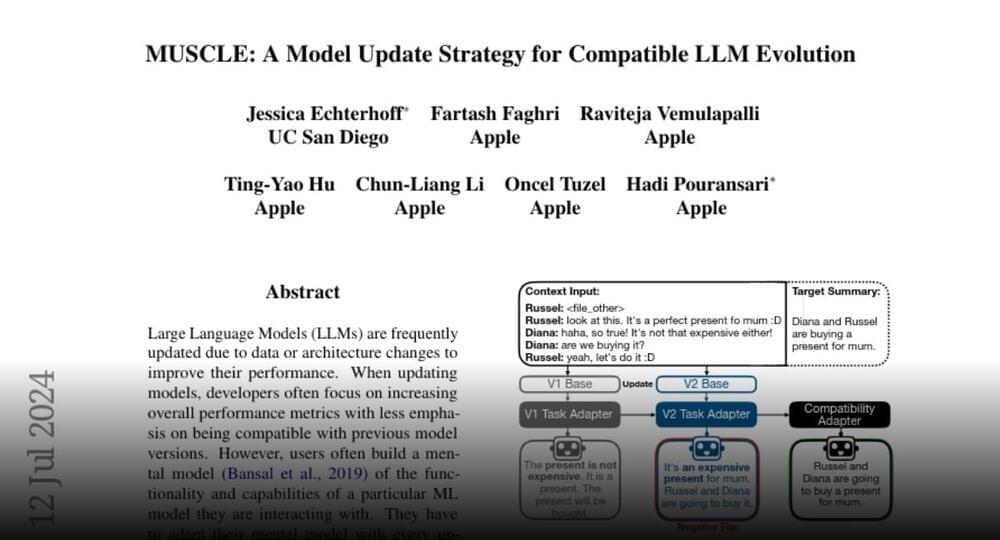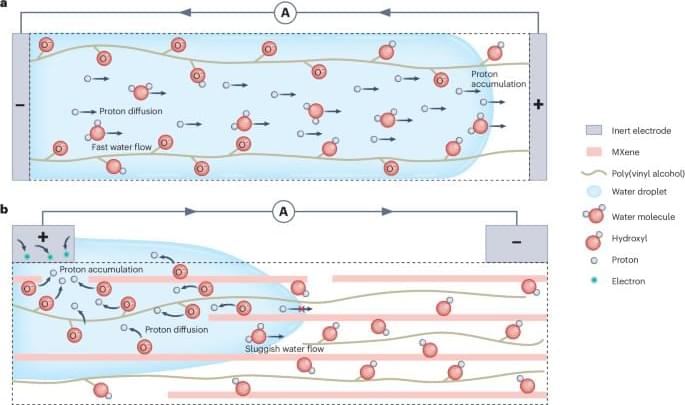This is pretty impressive, they can move around individual cells. Video in comments:
Researchers at the HUN-REN Biological Research Centre, Szeged, have developed tiny tools to capture individual cells. According to their study published in the journal Advanced Materials, key innovations of using flexible microrobots is that they do not require any treatment of the cells to grab them and also allow the cells to be released after examination, enabling more efficient investigations than ever before.
Single-cell investigation methods such as single-cell genetics, proteomics, or imaging-based morphological classification have risen to the forefront of biological research in the last decade. These methods require precisely controlled physical manipulation of individual cells on the microscopic scale. This manipulation at the single-cell level means their transportation and rotation in a controlled manner, for which several methods have been developed over the last decades. These cutting-edge methods use active movable microtools such as microgrippers similar in size to the cells, complex electrophoretic systems that use high-frequency electric fields to move the cells, or optothermal traps that create liquid flow through localised laser heating. The technique of optical tweezers fits into this category, being one of the most efficient single-cell manipulation methods and was awarded a Nobel prize in 2018.
